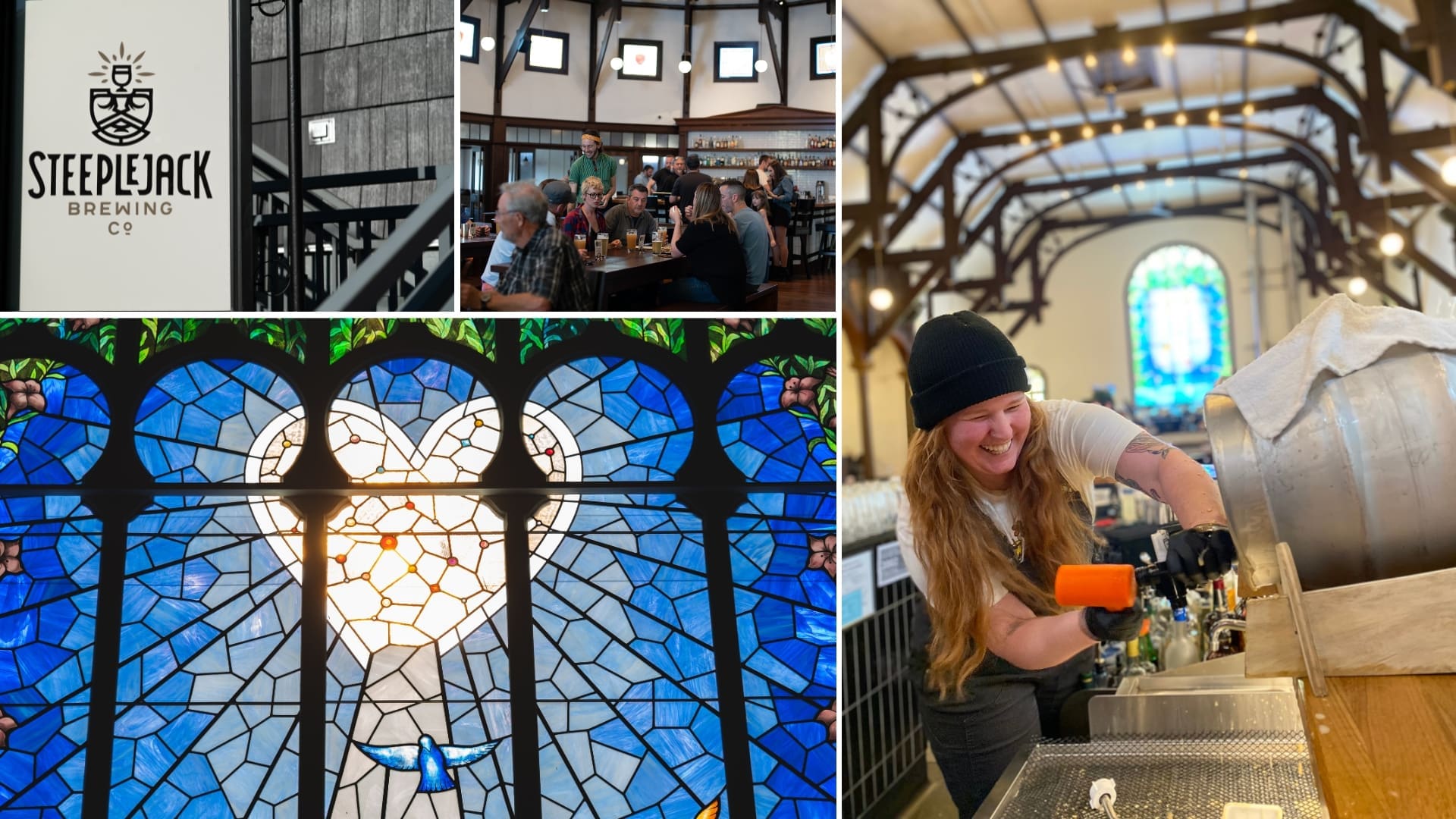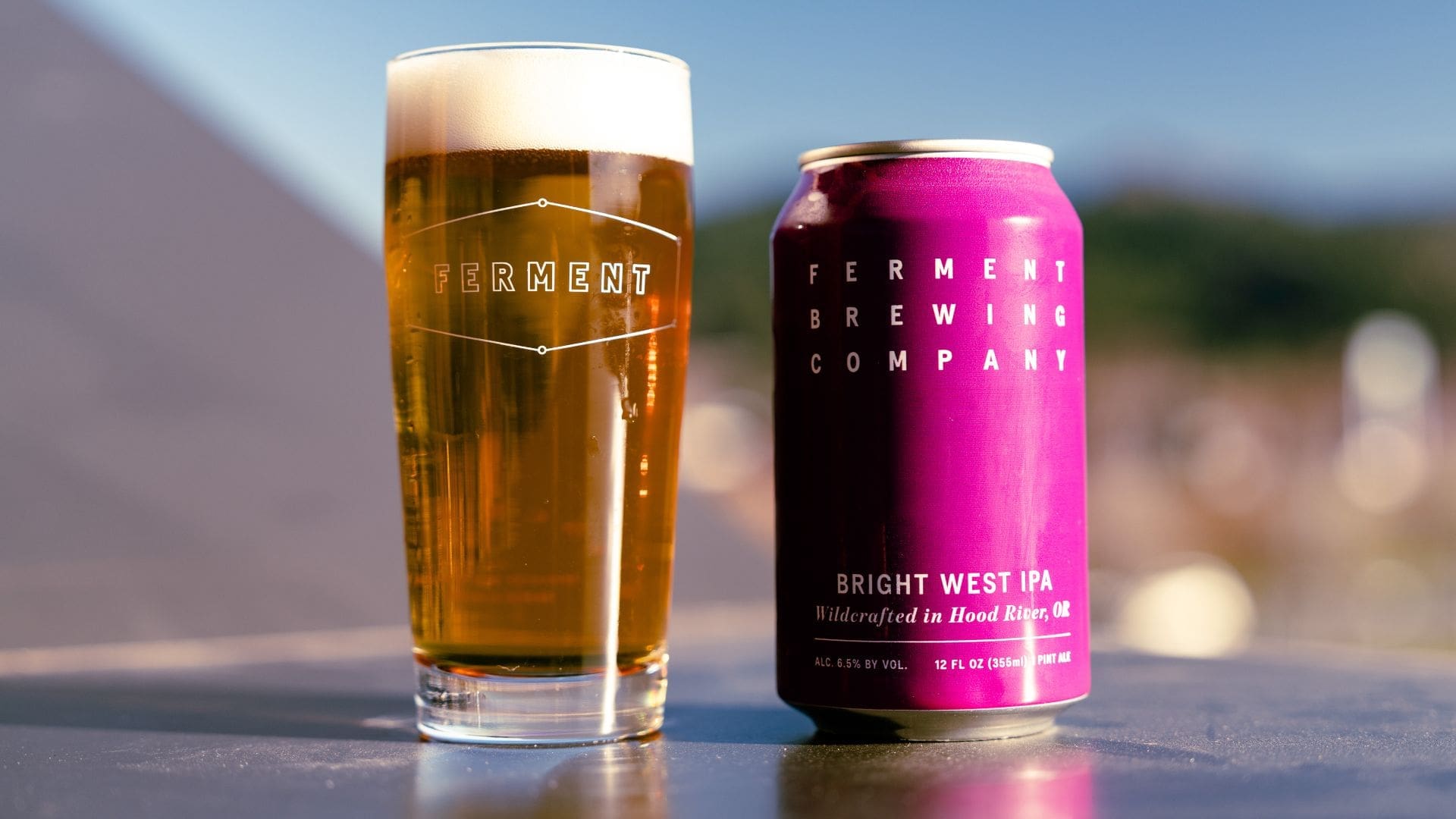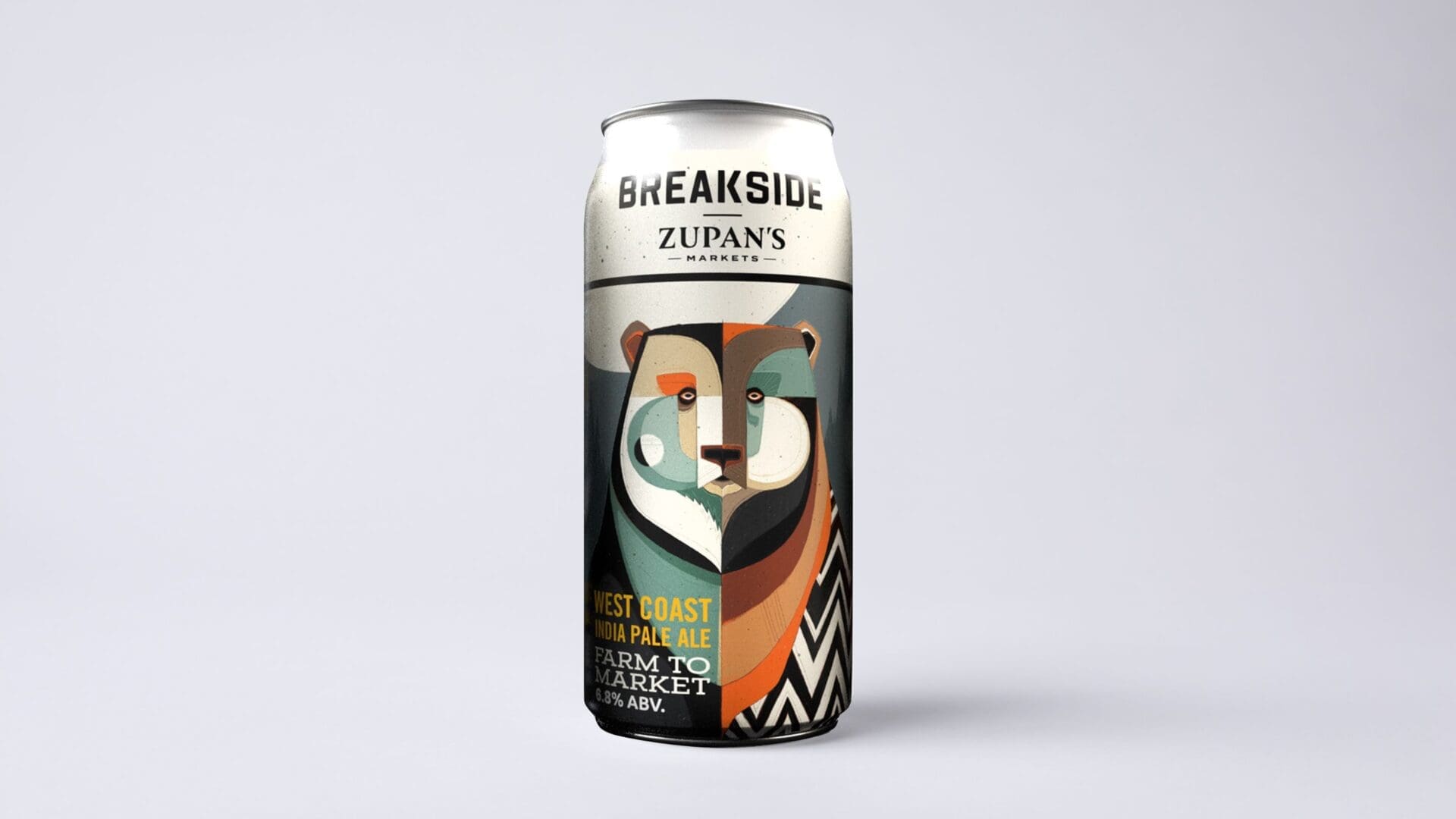You finally did it. You sampled stouts and sours. You started an Untappd account. You’re a regular at your local beer bar and have formed some opinions — you prefer kölsches to weizens, pales over scotch ales. You might not be a certified expert, but you know what good beer tastes like — and this glass, unfortunately, isn’t it.
“Maybe you’d like something a little less malty? A little less strong?” the bartender asks. No, you reply thoughtfully. Something is just…off. Is it all in your head? At what point should you quietly push it away from you and order something else?
IDENTIFYING FLAWS
As author Charlie Papazian pointed out in “The Complete Joy of Home Brewing,” it’s easy to brew a great beer. But with so many steps in between filling the mash tun and pulling a pint at your local bar, it’s also remarkably easy for any number of people to just mess up.
Homebrewers spend a lot of their time troubleshooting their own flaws and those of their friends. Alex Brehm, the education chair of the Oregon Brew Crew, one of the oldest homebrewers clubs in the United States, teaches a Beer Judge Certification Program class on how to spot flaws. According to Brehm, the following flaws come up the most often in competition.
Inadequate sanitation procedures cause many inappropriate or unpleasant flavors. One of the most vivid side effects is a “gusher,” as when 10 Barrel Brewing was forced to recall cases of exploding Swill in 2014. When bottles are sealed with wild yeast or bacteria inside, the little buggers eat sugar that brewer’s yeast can’t access, expel carbon dioxide and over-carbonate the bottle. Result: Yikes!
And while many people love sour beers, the bacteria lactobacillus — along with its nasty friends pediococcus and acetobacter — is not always a welcome guest. If you’re drinking a beer, one that’s not specifically a wild or a sour ale, and detect unpleasantly tart or funky notes, it’s likely that it encountered some infection along the way.
Diacetyl is another common flaw. This chemical compound smells and tastes like artificial butter. While this flavor isn’t necessarily unwelcome in all styles of beer, it can also be the result of an improperly executed fermentation or bacterial infection. Acetyldehyde, a chemical compound that smells like green apple candy, is also the result of improperly executed fermentation — what many brewers refer to as “green beer.”
And if your beer has started to develop sherry notes, or taste like damp cardboard, you might be tasting an oxidized beer. Fresh beer should be kept away from oxygen exposure as much as possible.
ISSUES IN THE GLASS
Bars and bartenders also have certain responsibilities when it comes to maintaining beer. We asked Pat Fahey, Master Cicerone® and content director of the Cicerone Certification Program, what a bar and server might do to help enhance the experience of the beer.
Cleaning the draft lines, the lines that run from the kegs to the tap, is very important, as those tend to be a sign of infection — according to Fahey, the presence of diacetyl, lactic acid or acetic acid (which tastes like vinegar) all being telltale signs. Keeping the kegs at a cool temperature also slows the rate at which beer staling occurs, as beer stored at room temperature stales up to 10 times faster than a refrigerated one.
If you’re drinking at a bar that serves beer in frozen glassware, you might taste a chlorine-y tang, as frozen glasses sometimes have a layer of frozen sanitizer on top. But if you taste or smell skunk in a pint that was fresh just a minute ago, you’re on your own — you’re drinking a light-struck beer, a common victim of a patio on a sunny day.
What should you do if you suspect that something has happened to your beer? First of all, don’t drink it. “Life is too short to drink bad beer,” Fahey counsels. But trying to take your bartender and server to task might work against you, which, as Fahey pointed out “has nothing to do with beer, and more with how people take criticism.”
You may want to politely ask if you can try something else, but if all the tap lines are dirty and all the glasses frozen, you might want to take your money elsewhere. Just rest assured that the problem isn’t with your well-trained palate.







